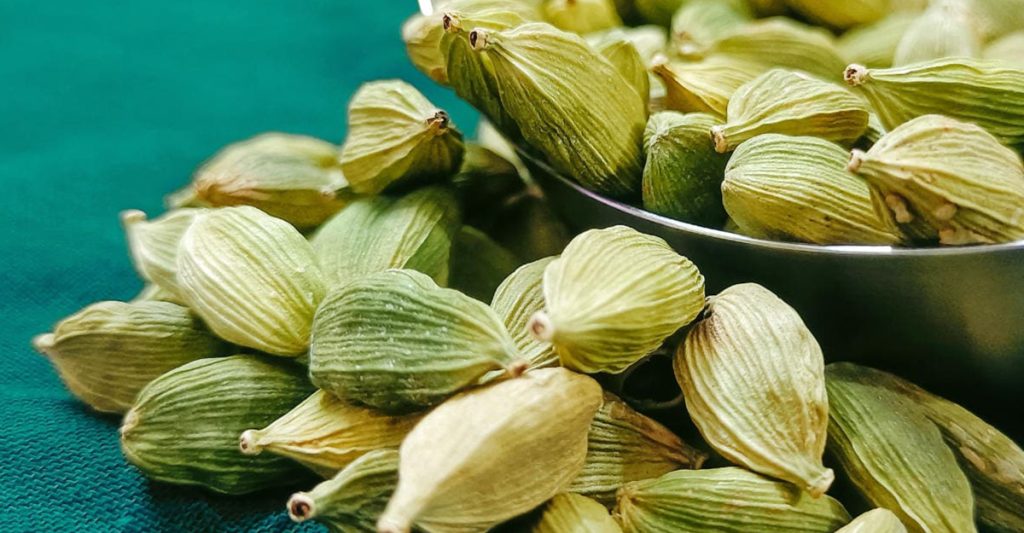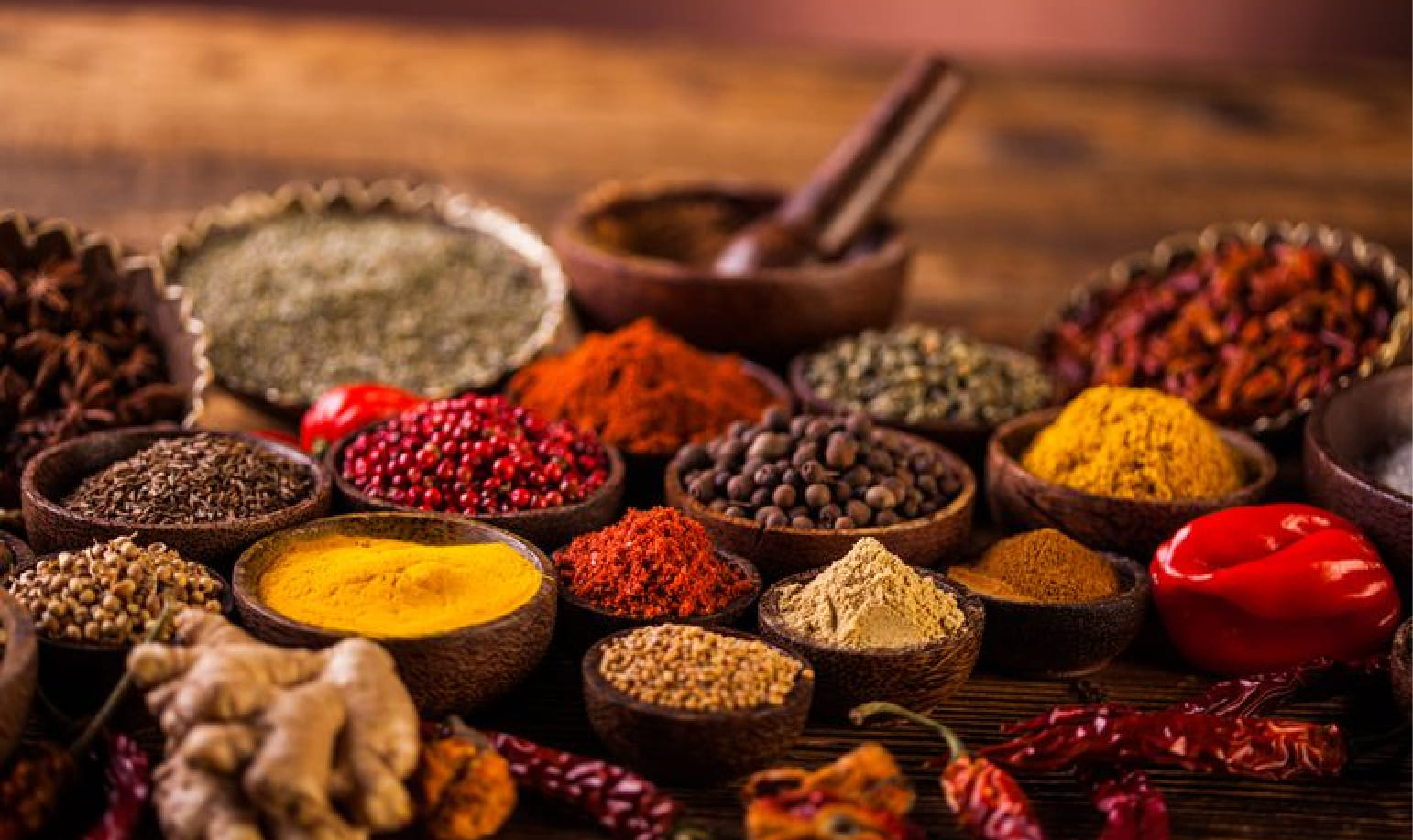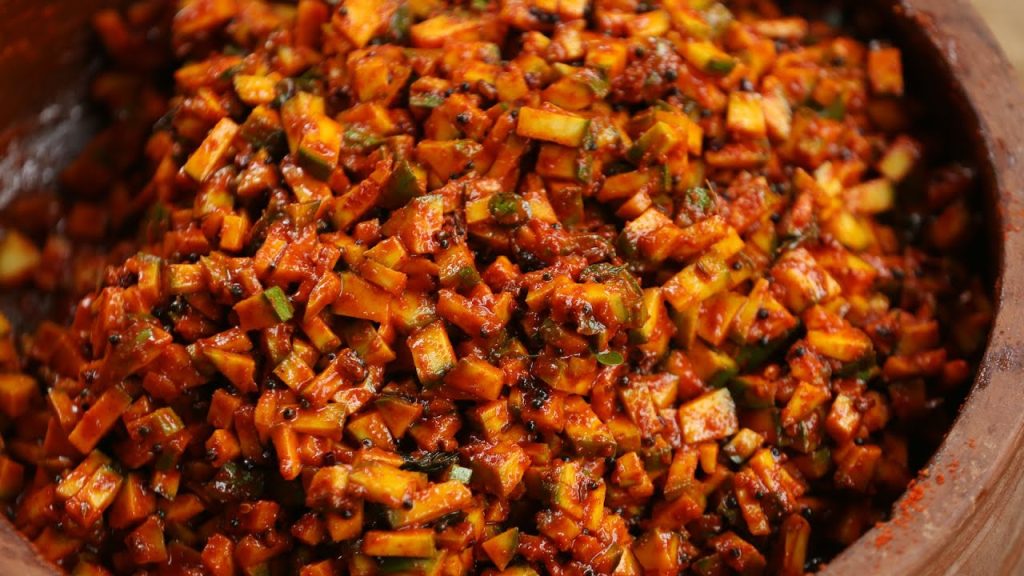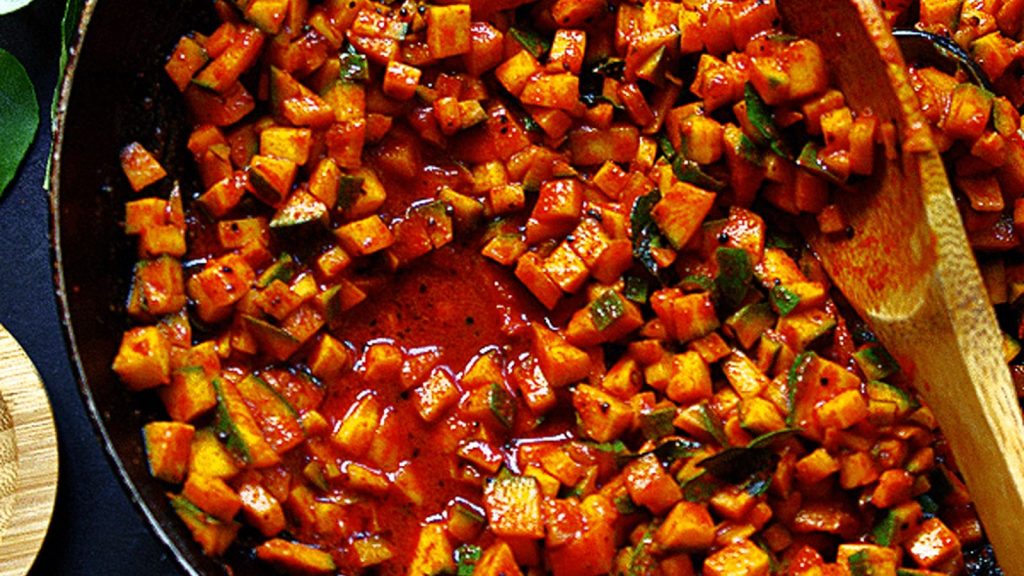Why Kerala Spices Are Special: A Deep Dive into the Flavors of the Malabar Coast
Introduction
Kerala, known as “God’s Own Country,” is not just a paradise of scenic beauty but also a treasure trove of aromatic spices. The spices of Kerala have long been celebrated for their exceptional quality, distinct flavors, and rich history. From ancient trade routes to modern kitchens worldwide, Kerala spices have left an indelible mark on culinary traditions across the globe. But what makes these spices so special? Let’s explore the unique aspects that set Kerala spices apart and why they are cherished by chefs and food enthusiasts alike.
Historical Significance
Kerala’s spice trade dates back thousands of years, with references to its fragrant spices found in ancient texts and historical records. The Malabar Coast, as Kerala is often referred to, was a major hub for spice trade, attracting traders from as far as Egypt, Greece, Rome, and later, the Arab world. The spice route not only boosted Kerala’s economy but also facilitated cultural exchanges, making Kerala a melting pot of diverse influences.
Ideal Growing Conditions
The unique geographical and climatic conditions of Kerala contribute significantly to the superior quality of its spices. The region’s tropical climate, abundant rainfall, and fertile soil create the perfect environment for growing a variety of spices. The Western Ghats, with their dense forests and high altitudes, provide the ideal conditions for the cultivation of many spices, ensuring they develop robust flavors and high essential oil content.
Diversity of Spices
Kerala is home to a wide range of spices, each with its distinct aroma, flavor, and culinary use. Here are some of the most famous spices from Kerala:
Black Pepper

Description: Known as the “King of Spices,” black pepper is one of the oldest and most widely used spices in the world.
Specialty: Kerala’s black pepper is renowned for its pungency, heat, and rich essential oil content. The Malabar variety is particularly prized for its robust flavor.
Cardamom

Description: Often referred to as the “Queen of Spices,” cardamom is highly aromatic and used in both sweet and savory dishes.
Specialty: Kerala’s cardamom, especially from the Idukki region, is famous for its intense aroma, bold flavor, and large green pods.
Cinnamon

Description: True cinnamon, also known as Ceylon cinnamon, is native to the region and is characterized by its delicate and sweet flavor.
Specialty: The bark of Kerala cinnamon is thin and smooth, offering a superior taste and aroma compared to cassia cinnamon
Cloves

Description: Cloves are dried flower buds known for their strong, pungent flavor and aroma.
Specialty: Kerala cloves are noted for their high oil content, which gives them a potent aroma and rich flavor.
Nutmeg and Mace

Description: Nutmeg is the seed of the tree, while mace is the dried lacy covering of the seed.
Specialty: Kerala’s nutmeg and mace are valued for their warm, sweet, and slightly nutty flavor.
Traditional Farming Practices

The farmers of Kerala use traditional and sustainable farming methods, passed down through generations. These practices include organic farming techniques, careful selection of seeds, and natural pest control methods. The focus is on maintaining soil health and biodiversity, which not only ensures high-quality produce but also protects the environment.
Health Benefits
Kerala spices are not just flavor enhancers; they are also packed with health benefits:
- Black Pepper: Known to aid digestion, boost metabolism, and have anti-inflammatory properties.
- Cardamom: Helps with digestive issues, detoxifies the body, and has antimicrobial properties.
- Cinnamon: Regulates blood sugar levels, has antioxidant properties, and supports heart health.
- Clove: Acts as an antiseptic, aids in digestion, and has anti-inflammatory properties.
- Nutmeg and Mace: Improve digestion, enhance sleep quality, and have anti-inflammatory properties.
Culinary Uses
Kerala spices are integral to the region’s cuisine, adding depth and complexity to dishes. From the fiery curries to fragrant biryanis and sweet desserts, these spices are versatile and essential. They are used whole, ground, or as part of spice blends like garam masala and sambar powder, transforming everyday ingredients into culinary masterpieces.
Conclusion
The spices of Kerala are a true reflection of the region’s rich heritage, natural abundance, and cultural diversity. At The Kerala Store, we are committed to bringing you the finest quality spices that embody the essence of Kerala. Our spices are sourced directly from the farmers, ensuring authenticity and freshness. Whether you are a home cook or a professional chef, Kerala spices will elevate your dishes with their unparalleled flavor and aroma.
Explore our wide range of authentic Kerala spices today and bring the magic of the Malabar Coast to your kitchen!






